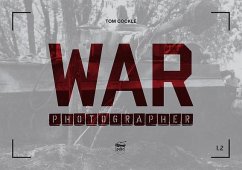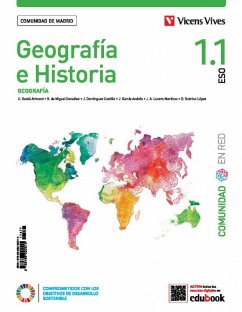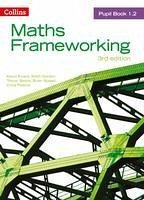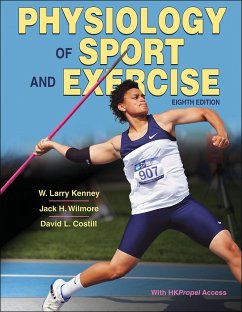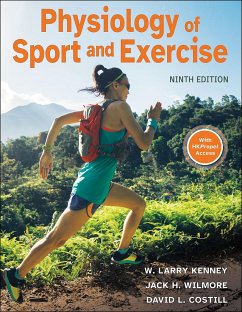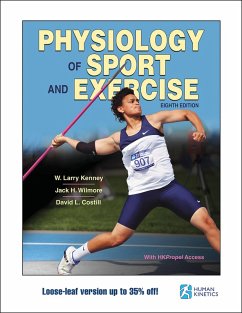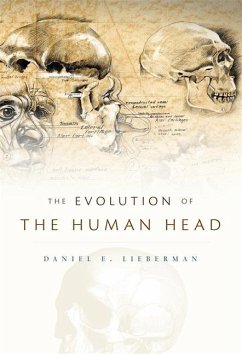Nicht lieferbar
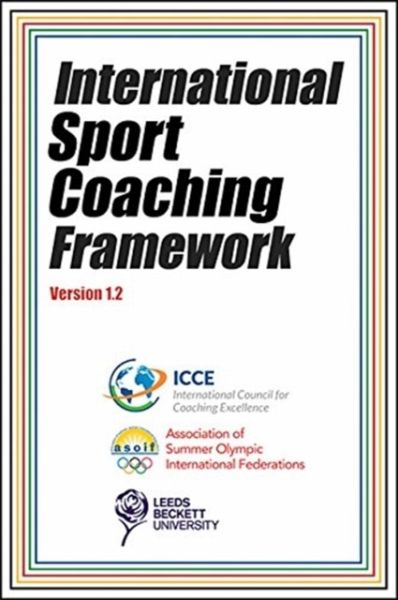
International Council for Coaching Excellence (ICCE)Association of Summer Olympic International FederationsInternational Council for Coaching Excellence (ICCE)
Broschiertes Buch
International Sport Coaching Framework Version 1.2
Versandkostenfrei!
Nicht lieferbar




Leading authorities worldwide have created an adaptable reference that facilitates the development and certification of coaches. The International Sport Coaching Framework provides sport federations, coaching organisations, and educational institutions with a set of principles, supportive research, and a common language for designing, benchmarking, and refining coach education and development programmes.
The International Sport Coaching Framework is a joint endeavour led by the International Council for Coaching Excellence (ICCE) and the Association of Summer Olympic International Federations (ASOIF), supported by Leeds Beckett University (LBU) through project administration, technical advice and research. Editors of the publication are Mark Harrington, development manager of the International Rugby Board and chair of the Development and Education Group of ASOIF; Sergio Lara Bercial, senior research fellow at LBU and ICCE technical officer; and the late Patrick Duffy, professor of sport coaching at LBU and vice president of ICCE. International Council for Coaching Excellence Formerly the International Council for Coach Education, the ICCE was established in September 1997 as a not-for-profit international organisation with the aim of promoting coaching as an internationally accepted profession. ICCE members seek to enhance the quality of coaching at every level of sport. More specifically, the ICCE's mission is to lead and support the global development of coaching as a blended profession and to enhance the quality of coaching at every level in sport, guided by the needs of members, federations, nations and key partners. The ICCE's strategic objectives are to fortify its organisational infrastructure, develop an international sport coaching framework, build a community of coaches globally and strengthen the position of coaching as a profession. ICCE partners and markets include national representative bodies responsible for coach development, international federations, institutions that deliver coach education or represent coaches, individuals who design and deliver coach education, coaches and the international sport community at large. Visit the website at www.icce.ws. Association of Summer Olympic International Federations On May 30, 1983, the 21 international federations governing the sports of the 1984 Summer Olympic Games decided to form the Association of Summer Olympic International Federations. This alliance sought to address the issues of common interest in the Summer Olympic Games and the Olympic Movement and any other matter deemed necessary by the international federations. More formally, ASOIF's mission today is to unite, promote and support the international summer Olympic federations and to preserve their autonomy while coordinating their common interests and goals. The international federations have the responsibility to manage and monitor the daily functioning of the world's various sport disciplines, including the practical organisation of events during the Games and the supervision of the development of athletes practising these sports at every level. Each international federation governs its sport throughout the world and ensures its promotion and development. ASOIF's members now total 28. Visit the website at www.asoif.com. Leeds Beckett University Through its Carnegie Faculty, LBU has a long tradition in the professional preparation of graduates in physical education, sport science, sport development, physical activity and sport coaching. Through its Research Institute for Sport, Physical Activity and Leisure, the university plays an active role in research and enterprise in the UK and internationally. Since 2011, LBU hass become the home of ICCE, and the Global Coaching Office is now housed in Headingley Carnegie Stadium. Visit the website at www.leedsmet.ac.uk.
Produktdetails
- Verlag: Human Kinetics Publishers
- Seitenzahl: 56
- Erscheinungstermin: 29. August 2013
- Englisch
- Abmessung: 151mm x 230mm x 7mm
- Gewicht: 128g
- ISBN-13: 9781450471275
- ISBN-10: 1450471277
- Artikelnr.: 40742104
Herstellerkennzeichnung
Libri GmbH
Europaallee 1
36244 Bad Hersfeld
gpsr@libri.de
Für dieses Produkt wurde noch keine Bewertung abgegeben. Wir würden uns sehr freuen, wenn du die erste Bewertung schreibst!
Eine Bewertung schreiben
Eine Bewertung schreiben
Andere Kunden interessierten sich für



